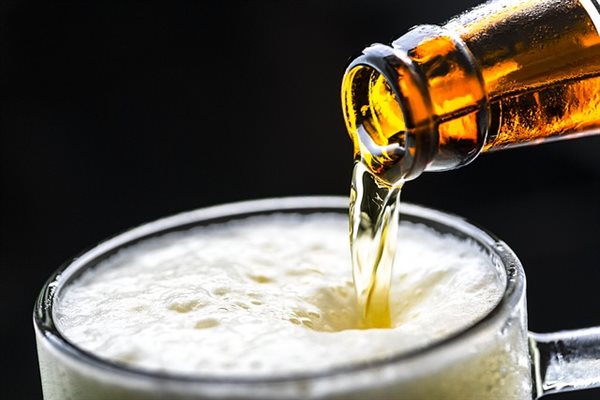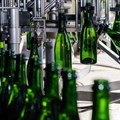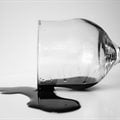South Africa compares itself to Sri Lanka and the Kingdoms of Lesotho and eSwatini as the only four countries that have prohibited the sale of alcohol as part of lockdown response to the Covid-19 pandemic.

Credit: Rawpixel via Pixabay
The two landlocked neighbours (Lesotho and eSwatini) rely on South Africa for the collection of excise tax on alcoholic beverages which is further distributed among these countries as part of Southern Africa Customs Union.
A statement released by the South African alcohol industry noted that the three countries that have prohibited alcohol sales are a stark contrast to SA when compared by gross domestic product (GDP). "According to the World Bank, Sri Lanka has a GDP of $84bn, Eswatini $4.4bn and Lesotho has a GDP of $2.4bn. Using the same World Bank data, SA’s GDP is almost four times the size of the other three countries combined at $351.4bn," the industry coalition said.
Alcohol sales contribute at least 3% of South Africa’s GDP at $10bn (R165bn).
“By prohibiting all formal sales of alcohol, South Africa has chosen not to follow global trends in responding to the epidemic, and unfortunately this comes at a very high cost to the economy. Economies comparative to SA in the region – such as Kenya and Nigeria – have applied some form of restrictions but not an outright ban,” said alcohol industry spokesperson Sibani Mngadi.
Limited data presented
In addition to inconsistency with the global approach to containing the epidemic, Mngadi said the decision of 12 July 2020 to ban alcohol sales with immediate effect was based on data that is incomplete and two decades old.
“The initial estimate used by the SA Medical Research Council for modelling the potential number of reduced trauma unit presentations is based on data from roughly 356 secondary and tertiary public hospitals in 1999. The reason for each trauma is not captured by the hospitalisation data provided in the SAMC report.
"The incomplete nature of the data used in the modelling makes it difficult to accurately determine the extent of the link between trauma admissions and alcohol abuse," Mngadi said.
The industry said it acknowledges the need to control the spread of coronavirus is an absolute imperative, however, given the current data available, "the extent of a causal relationship between alcohol sales and trauma case presentations is difficult to isolate."
"We therefore urge the NCCC to reconsider and lift the ban. This will enable a rapid restart of the sector, saving thousands of jobs, and positioning the industry to continue to contribute to the Government’s fiscus by way of taxation, VAT, and excise, among other payments," Mngadi said.
The "South African alcohol industry" includes but is not limited to the National Liquor Traders Council, South African Liquor Brandowners Association (SALBA), the Beer Association of South Africa (BASA), Vinpro, the National Liquor Traders Council, and manufacturers.





































